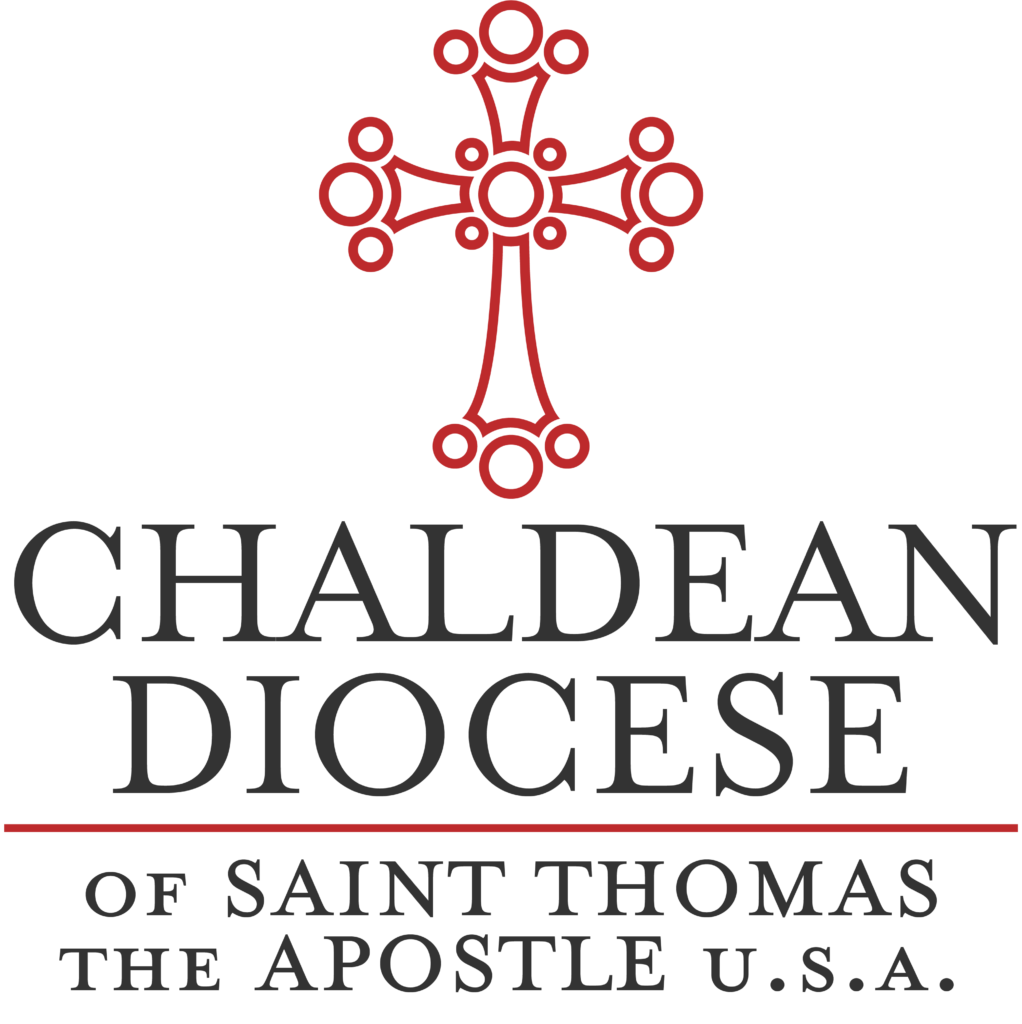Marriage
MARRIAGE
Home / Marriage
Marriage Preparation Class
Annulments
A declaration of nullity, or an ecclesiastical annulment, is a formal decision by a Catholic tribunal that a particular union is not a valid marital union. There may have been a common life, possibly blessed by God with children, but some defect in the consent or the ability of one or both partners that did not allow it to become a partnership of life and love.
Marriage FAQs
At least one of the parties must be a baptized Chaldean catholic in good standing. A dispensation is required and always granted for a catholic marrying a non-catholic (whether baptized or not).
Yes, all couples are required to take marriage preparation classes, mandated by the diocese through the Eastern Catholic Re-Evangelization Center (ECRC).
Yes, couples must register with their parish at a minimum of three months prior to their wedding date (recommended 9 months).
Couples must legally register within 30 days of the wedding ceremony at the county of either of their home residences.
The two witnesses (typically the best man and maid of honor) must be over 18 years of age to be legal and church witnesses. There are no religious restrictions (they may be of any faith).
If you’ve been previously married in a Catholic church or your non-Catholic spouse has been married, you need to obtain a declaration of nullity (annulment) from the diocese Tribunal Office before a date can be booked by your parish. You may contact the Tribunal office for more information at (248) 351-0440.
First cousins will need and will be granted a dispensation to get married in the Chaldean Church, but they will need to legally get married in a state that allows consanguinity.
You must be over 16 years of age to get married in the Chaldean Church, but it is preferred that both parties are 18 years of age or older.
If either party is between 16-18 years of age, they must obtain guardian permission to get married in the Church and state.
If a couple chooses to get married in a non Chaldean Catholic church, they must receive express written permission from the Vicar General.
There is no cost, sacraments are always free of charge, however the faithful are encouraged to make a generous gift to their parish in thanksgiving for receiving the sacrament.
